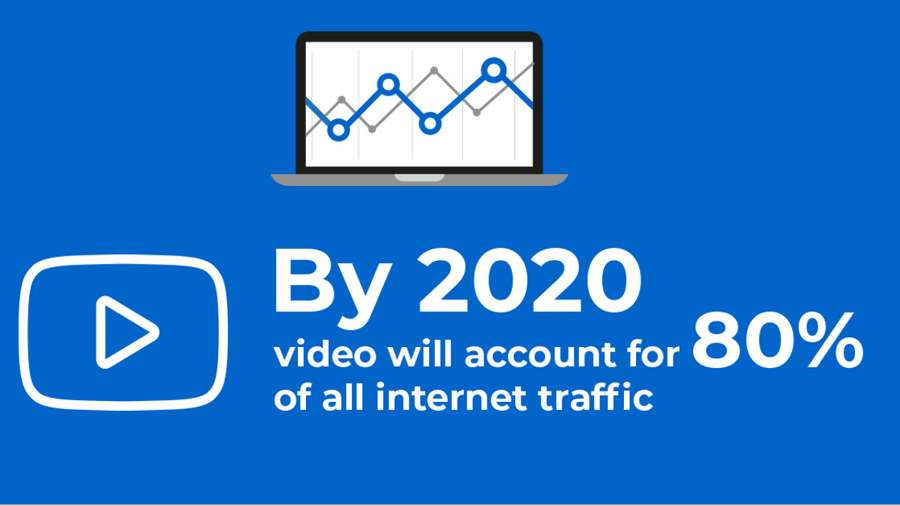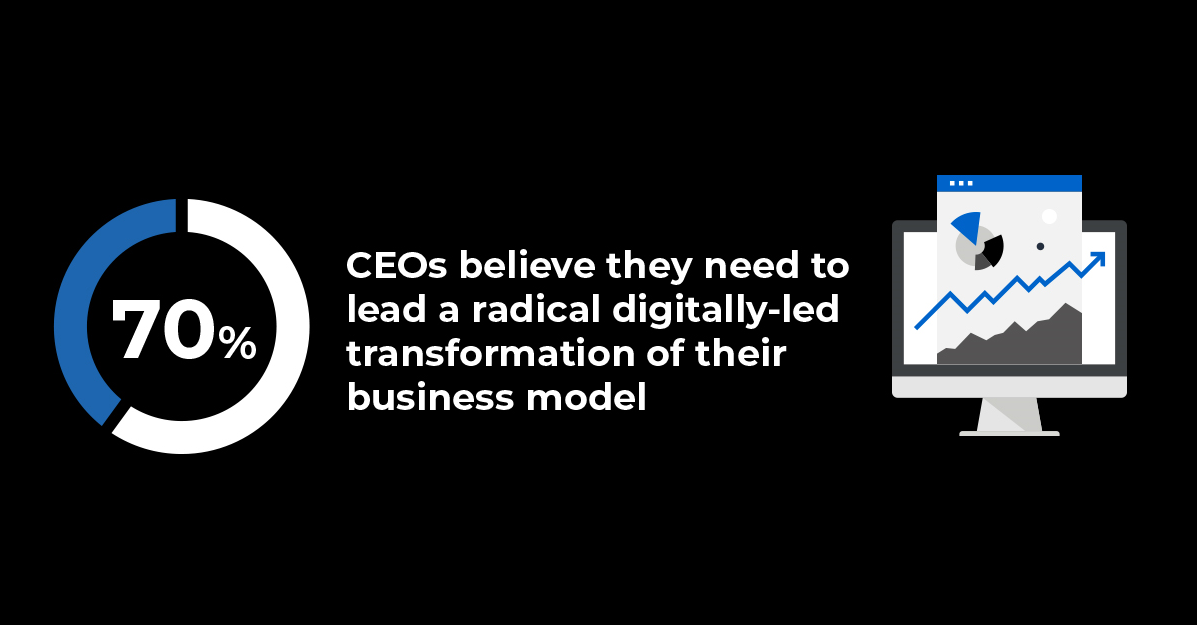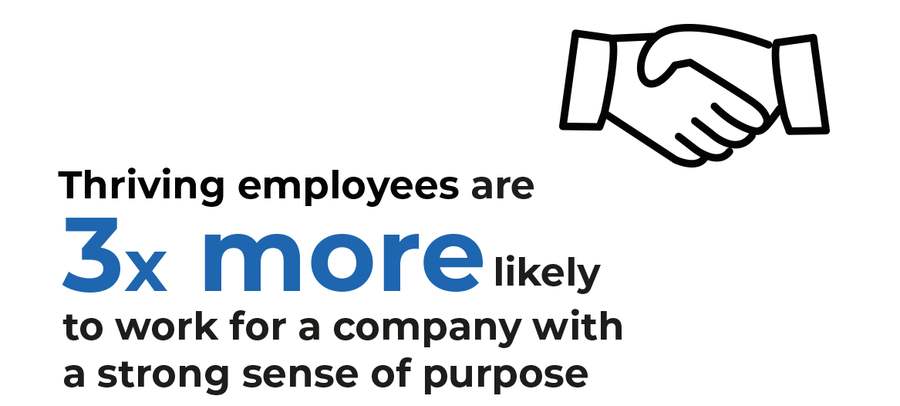29/03/2019
Back to all articles
While we’re sure you’re well aware of the impact the internet has had on the modern world (the World Wide Web did just celebrate its 30th birthday), we thought a few powerful statistics might help reinforce how digitally-inclined we have all become in recent years.
Digital technology has revolutionised how we consume information and stay entertained, it’s challenged previously successful business models, and it’s had a huge impact on the world of work.
To shed some light on just how dramatically the world is changing around us, this quarter’s HR Global Index is focused on the wonderful World Wide Web (and the equally as wonderful world of work)!
Online adoption reaches all new heights

The internet is home to everything and anything - millions (billions?) of search results, websites, blogs and platforms – but it’s video content that’s capturing the attention of the majority. By next year, video content is predicted to account for 80% of all internet traffic.
And the way we access the internet is changing, with many of us using our smartphones to access the internet. For instance, over in China 98% of the 800 million internet users access the internet on their smartphone devices.
We’re also addicted to social media. Every day, the average adult spends 135 minutes on social networking sites, which is mostly a good thing - but in some instances, it’s not so good. Apparently, one in three divorced couples now cite Facebook as a reason for splitting up.
Digital innovation is fuelling disruption
All this new technology has allowed a number of smaller challenger brands to disrupt business as usual with innovative new business models. As a result, the number of startups is on the rise in many countries. Since 2009, the number of startups has increased by 50% in Belgium, 25% in the USA, and 10% in France, but decreased by 70% in Germany.
The Fear of Digital Disruption Among Executives
Digital disruption has sparked huge concern across the business world, with 51% of business executives admitting they are highly concerned by the risk technology-driven disruption poses to their organisation in the next five years.

To counter this threat, many CEOs (70%) believe they need to lead a radical digitally-led transformation of their current business model in order to be successful going forward. However, nearly 70% of CEOs admit they’ve relied on their own intuition over data-driven insights to make strategic decision in the past three years.
Investing in HR Digital Transformation to Stay Competitive
For organisations to succeed, they need to invest in the right people. That’s why 77% of organisations are investing in online assessment tools to measure candidate suitability.
People are demanding more from work
In our politically and economically uncertain times, people want to work for organisations they truly believe in – or, in other words, organisations with a purpose. In fact, thriving employees are three times more likely to work for a company with a strong sense of purpose.

And purpose isn’t only useful for attracting new employees – people at purpose-driven organisations are 10 times more likely to feel career empowered.
The way people go about their jobs has also changed, with many preferring to work for organisations that have invested in a flatter, more collaborative and flexible approach to work. Four out of five business executives say workplace flexibility is a core part of their employee value proposition (EVP).
Click here to view the latest HR Global Index. For more insights and market trends, take a look at our insights section or follow #NewWorldofWork